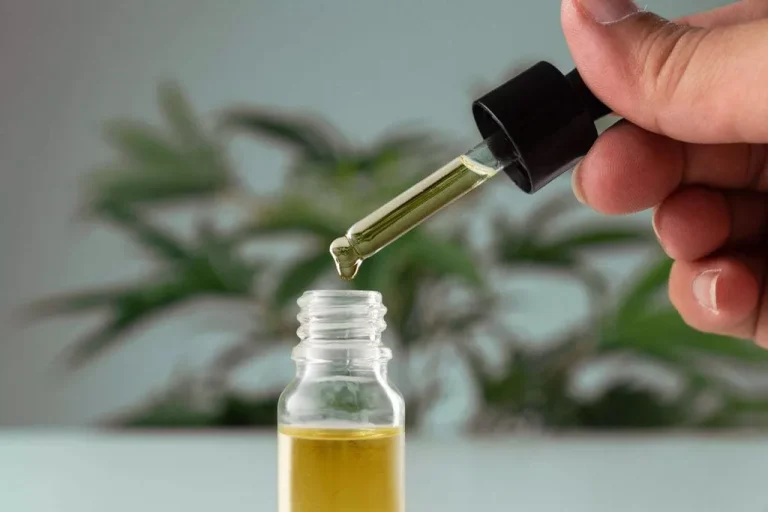Anger and substance abuse: a systematic review and meta-analysis PMC

For many former addicts, recovery helps reveal the role that anger plays in fueling dependency. Taken together, the presented study has a high potential to advance our understanding of stress-related alcohol use. In the long-term, it could stimulate the development of tailored preventive interventions and contribute to a reduction of problematic alcohol use. Due to the Covid-19 pandemic, the study was paused in the beginning of March 2020 in order to protect the safety and health of all personnel involved in the study and to comply with legislative regulations. Inhibitory control is measured using a go/no-go task (Fig. 3) where participants are presented with 320 trials (280 go and 40 nogo trials) of stimuli containing two dots. Horizontally arranged dots indicate go-trials where participants have to press the response key as fast as possible while participants are instructed to withhold when seeing vertically arranged dots.
National Institute on Alcohol Abuse and Alcoholism (NIAAA)
Support groups or addiction counseling can tackle the underlying issues effectively. Understanding the link between anger and alcoholism involves recognizing how emotions influence human biology and the negative impact of anger on our lives and relationships. Think of anger as an iceberg, where what’s visible, like stern looks or raised voices, is just the tip. Below the surface, hidden emotions such as grief, fear, shame, and embarrassment often fuel anger.

J. Stud. Alcohol Drugs
- Interestingly, those in the control group tended to misidentify expressions as happy.
- By empowering individuals with the tools to navigate and address their anger, we strive to foster resilience and promote holistic healing in the journey toward sobriety.
- Detoxing should be done under the care and supervision of trained medical professionals and can be done at either a local medical facility, a dedicated detox center, or a treatment center that also offers medical detox services.
- Results of logistic regression of alcohol use disorder (AUD) on anxiety disorders occurring last five years.
When the person abuses substances to cope with these consequences, a cycle may begin. Users of psychoactive substances had elevated anger scores compared to non-users, which represents a high risk of relapse. It is suggested that PSU treatment programs include intensive anger management modules, focusing on factors such as dealing with daily stressors, family conflicts, frustrations, and problems. In 2011, 73 and 57% of the homicides recorded in the United States and Russia were alcohol related (Landberg and Norström, 2011), whereas, in countries including Finland, Netherlands, and Sweden, alcohol consumption led to lethal violent crimes reported from 2003 to 2006. In Finland alone, 491 persons were killed within 4 years period and ~82% of the perpetrators were intoxicated with alcohol, where 39% of them were alcoholics and 45% of the reported murders were committed with knives (Liem et al., 2013).
Article preview
Since there is evidence that participants balance the speed-accuracy trade-off differently [95], the dependent measure of the go/nogo task is the balanced integration score (BIS). First, the responsive times (RTs) as well as the proportions of correct responses (PCs) are standardized. Since alcoholic rage syndrome your judgment becomes clouded when you’re intoxicated, a simple misunderstanding can quickly turn into a bar fight. Furthermore, an angry drunk may not feel like consequences matter, making it seem like a good idea from their perspective to create or partake in a dangerous situation.
- The Dawn Wellness Centre and Rehab Thailand offers a special six-week Signature Addiction Programme for individuals struggling with substance addictions, behavioural addictions and co-occurring disorders.
- Our study also reported a significant association between gender and addiction potential, where female students were more likely to become addicts (98.46 ± 18.16) compared to male students (87.58 ± 21.19).
- The funder has no role in study design, data collection and analysis, decision to publish, or preparation of any kind of manuscript.
- In this stage, compulsive substance use is aimed, in part, at decreasing the negative affect caused or aggravated by the allostatic reset in the brain’s stress and mood systems.
Terms such as anxiety, anxiety disorder, depression, mood disorder, tension, stress, stress disorder, and negative affect are used differently across disciplines and time. The relationships among these constructs can be conceptualized as a Venn diagram, with the shared spaces representing overlapping constructs. In these overlapping https://ecosoberhouse.com/ spaces, the greatest opportunities for integration across disciplines can be found. In this review, the term “negative affect” (i.e., negative hedonic tone and the biology that underpins it) describes the shared psychological and biological space for related constructs of anxiety, tension, stress-responding, and anxiety disorder.
- Healthcare providers offer guidance in anger management, facilitating the recovery process.
- We also tested the ‘direction of causation’ models with the repeated lifetime assessments of other anxiety disorders and AUD.
- If you live with underlying anger challenges, for example, it may not be as noticeable when you’re sober because your frontal lobe allows you to manage your emotions and your behaviors.
- As you become more self-aware, you’ll make better choices about alcohol consumption.
- Compared to retrospective assessments of the order of onset for co-occurring disorders, assessments of prospective relative risk (i.e., the risk for developing a condition given the presence or absence of another condition) provide more information about conferred risk.
How do you deal with an angry drunk person?

However, unlike with discordant twin analyses, we do not assume that genetic associations represent confounding. With phenotypic causality, all the biometric influences on the exposure should be correlated with the outcome. For example, if SAD is a product of both genetic and environmental factors, and SAD phenotypically affects AUD, one would expect to find both genetic and environmental correlations between SAD and AUD. We tested the presence of direct influences by replacing separate genetic and environmental associations (e.g. a41, c41, e41) with direct paths (e.g. b41), as shown in the right panel of Figure 1. This model is simpler and fits well when direct effects explain the relationship between variables.
- If an intoxicated person becomes upset because the bartender refuses to serve them, help from a friend might calm them down.
- However, results of Baron-Oladi et al.[25] and Ranjbaran et al.[26] are against this claim.
- Prospective studies across the distinct stages of treatment and recovery for alcohol-related disorders may shed needed light on the relationships between alcohol, anxiety, and stress reactivity and regulation.
- It frequently intertwines with mental health conditions, amplifying angry responses.
Acting Out: Drew Barrymore Shares Her Experience with Anger and Addiction

